Introduction

When India Yamaha Motor launched the FZ in India in 2008, it not only gained a huge response from the young crowd but it was a hot topic of discussion among manufacturers. The reason being the bike checked all the right boxes when it comes to styling and features. The unique selling point of the FZ was its rear tyre – measured at 140/60-R17., It was the widest in the segment and continued to remain the most popular feature among buyers. The nicely creased bulbous fuel tank was another popular one. Basically, the overall design looked way ahead of its time and could easily continue for another few years and it did. The FZ never got any major upgrade since 2008, only the typical Yamaha decals every few months. But now it is 2014 and the Japanese manufacturer has given the FZ a major overhaul. Will the new FZ-S put Yamaha’s sales on fire, just like its old sibling? Let’s find out!
Looks & Styling

When you look at the FZ S 2.0 for the first time, you might think that the bike just got some fancy new colours and that’s all. But if you inspect it in detail, there are indeed some major changes. The flat shape on the top of the fuel tank has been replaced by a curvy design. Another major addition is a new tank shroud that gets an air intake scoop. The side panel is new and looks much better than the old ones. Yamaha badging no longer exists on the side panel and instead it gets a flashy small decal. Let’s come to the best section of the motorcycle - rear. It looks brilliantly aggressive with those sharp edges. It gets a new tail lamp and clear lens turn indicators that are housed on an aluminium bracket.

The read mudguard is shorter – thanks to the addition of the tyre hugger. Yamaha has addressed the issue of mud spraying on the pillion by this hugger but this has made the motorcycle look very sober. The exhaust is new and looks like a bazooka gun that Yamaha has borrowed from a sci-fi movie. Coming to the front end, the FZ S 2.0 gets a new wider visor that holds the number plate and like before is the only bit that differentiates this from the FZ FI twin. .

The headlamp is slightly redesigned but compliments its overall aggressive stance. And clear lens turn indicators do a good job here as well. The front mudguard gets a single paint unlike the older variant where the lower part of the mudguard was black. The tyres get the same body coloured stripes, which actually spices up the styling. The FZ-S FI 2.0 is available in four colours – astral blue, moon walk white, cyber green and molten orange and yes, the paint quality is excellent. Overall, I really like the way the new FZ S looks and yes, it looks much better than the older version.
Instrument Cluster & Features

This is where a major update has been done. The funky looking instrument cluster has made way for a clean yet detailed cluster. Because of the rectangular shape, the screen looks big and stretched making it quite easy to read the figures on the speedometer, tachometer, one trip meter and the fuel indicator. This cluster reminds me of the one seen on the Kawasaki Ninja 650R. However, the FZ S 2.0 FI misses out on the clock, which I think Yamaha should have provided. The cluster gets integrated glow lights for neutral, engine check light and high-low beam indicators. Also, for the first time, Yamaha India has given their motorcycle an economy indicator, which shows the apt speed you need to be for maximum fuel efficiency. This indicator remains on when you are at the most ideal speed but it is also green, just like the neutral and turn indicators. Reminds me of Green Goblin whenever I look at it. But over the period of the ownership, this will just be a small bad part of the overall experience with the motorcycle.

The switch gear on this motorcycle is the same like the older one. The quality is good and I have hardly seen any old FZ users complaining about it. The palm grips are also more than decent and don’t stress your hands when you are out for a long ride. However, there is one thing I didn’t like – rear-view mirrors. Yamaha is asking a premium price for this motorcycle, but decided to sell it with basic mirrors which are seen in 110cc mass market motorcycles these days. Wider mirrors with the same sharp styling would have been better. The FZ S 2.0 loses out on the long single seat and gets split seats instead. The rear seat almost runs parallel to the top of the fuel tank –a way the pillion could have a good view of the roads.
Engine & Gearbox

Yamaha claims that the engine powering this motorcycle is all new. Why do they say that? Well, the major reasons are its new Blue Core technology and fuel-injection. This new technology has been developed with a new set of guidelines that the Yamaha engineers need to follow while developing new or updating engines. This is expected to give more useable power and higher fuel economy and I think this has worked for the new FZ S. The displacement and power figures, however, have gone down a bit. The cubic capacity now stands at 149cc – 4cc lower than its old non-FI sibling, blame the smaller bore. This engine churns out 12.9bhp at 8000 rpm, which is 0.88bhp lower and maximum torque has come down to 12.8Nm at 6,000rpm from 13.6Nm. Thankfully the new FZS FI 2.0 has not only lost power but also weight – 1.5kg and that’s a big number. This was achieved by having lighter pistons and crankshaft. The decrease in power is clearly noticeable once you twist the throttle but on the positive note, the engine is very refined and smooth. The acceleration is quicker than the older model and I really like that. There is more than enough power at the low and mid-range that helps the bike reach the 90kmph to 100 kmph mark easily, even after I weigh close to 100kgs. The throttle response is really good because Yamaha has installed the throttle body kit with dual cables. However, the kit is plastic and is quite exposed, risking itself from getting damaged. Interestingly, the FZ S FI is the cheapest bike in India to get the closed loop fuel-injection. The overall performance of the Yamaha FZ S FI is quite good for the 150cc segment.

This reworked engine is mated to the same five-speed gearbox. There is no change in the gear ratios and it continues to be on the shorter side. However, the rear sprocket is now 41 teeth – the old one gets 40. The gear shifts are not really slick but do a decent job. Just like the older FZ, the engine area gets a blacked out theme.
Let’s talk about the fuel efficiency. Yamaha India says this new engine is 14 per cent better in terms of fuel economy than the old one. During our test, we managed to get 43kmpl fuel efficiency and this includes city and highway runs, both.
Ride, Handling & Ergonomics

The FZ S 2.0 rides on a completely new single down-tube chassis. This new chassis has made its total weight to come down by 1.5kg. So in total, the new FZ ha shed around 3kgs making it the lightest in the 150cc segment. This can be clearly observed while riding; the dynamics are much more agile and give confidence to the rider. With a combination of stiffer front telescopic and rear mono shock suspension and good chassis, corners are where the bike feels at home. This suspension setup took care of the big Mumbai potholes .And you don’t need to worry about grip because it gets the widest 140/16 tubeless tyre at the rear and 100/80 tubeless at the front providing great performance on roads, especially on wet tarmac. These brilliant tyres are fitted on 17-inch alloy wheels and are slightly more round that the previous ones. These new tyres are made of a different compound that is less prone to punctures and we hope it works that way.
Yamaha has carried forward the same brakes from its old sibling- disc brake at the front and drum at the rear. They provide effective braking; especially the front one However at this price point, disc brake at the rear would have been a great value to the consumers.
The wide handlebar of the Yamaha FZ-S 2.0 provides great manoeuvring capabilities in city traffic and with an upright seating position, the rider can cover a great distance if a long trip is on his mind. The bike gets split seats which are wider and very comfortable, thanks to that excellent cushioning. The foot-pegs are positioned well enough for a rider not to go out of his comfort zone and the redesigned fuel tank provides enough knee recess.
Verdict

Rs 78,250! (ex-showroom Delhi) That’s what Yamaha is asking for the FZ FI 2.0, making it Rs 5,000 expensive than the old bike. At this price, you get fuel injection, new instrument cluster, new design and there is no question that the new bike is better than the old. But for this price, you also get TVS Apache RTR 180 which has more power, torque and looks equally good. Also the Honda CB Trigger CBS costs Rs 4,000 less, is well refined and equipped with combi-braking system.
Taking all of this into consideration, the FZ-S FI 2.0 appears to be an expensive choice, but then it was never an “affordable” 150cc bike. Buying the FZ-S is always going to be about choosing the heart over head, but even then, rest assured, the bike does not disappoint.
Gallery
1/38
Double Tap to Zoom











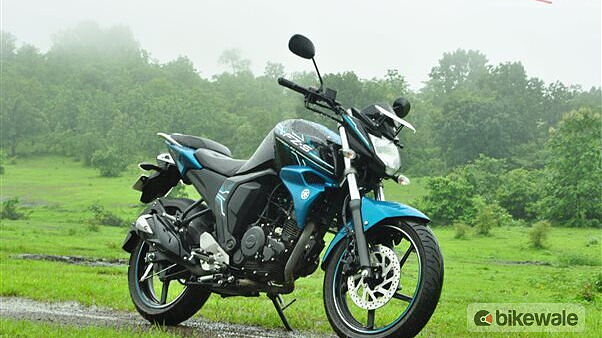

















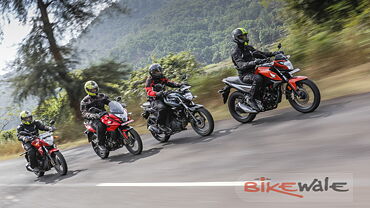
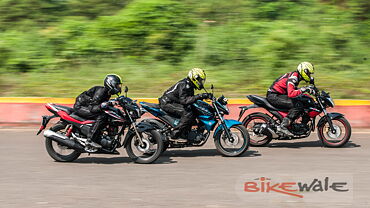


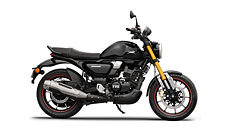
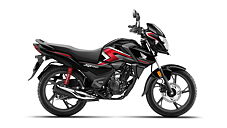
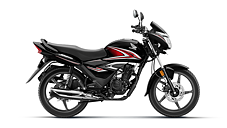

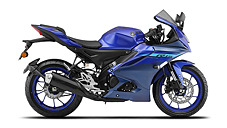
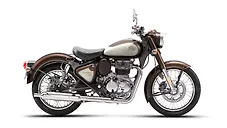
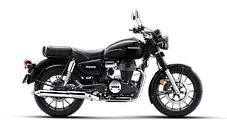
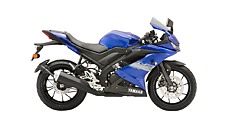
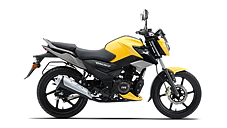
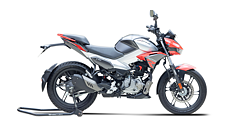
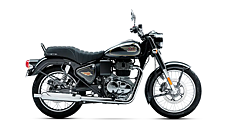
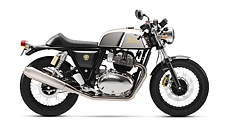
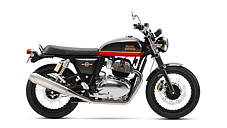
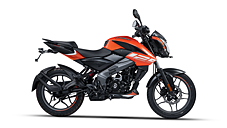


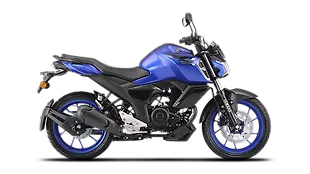



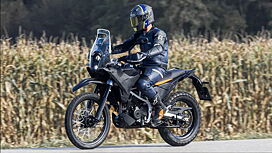
![KTM 390 Adventure X [2025] KTM 390 Adventure X [2025]](https://imgd.aeplcdn.com/272x153/n/cw/ec/190885/390-adventure-x-2025-right-side-view.jpeg?isig=0&q=80)